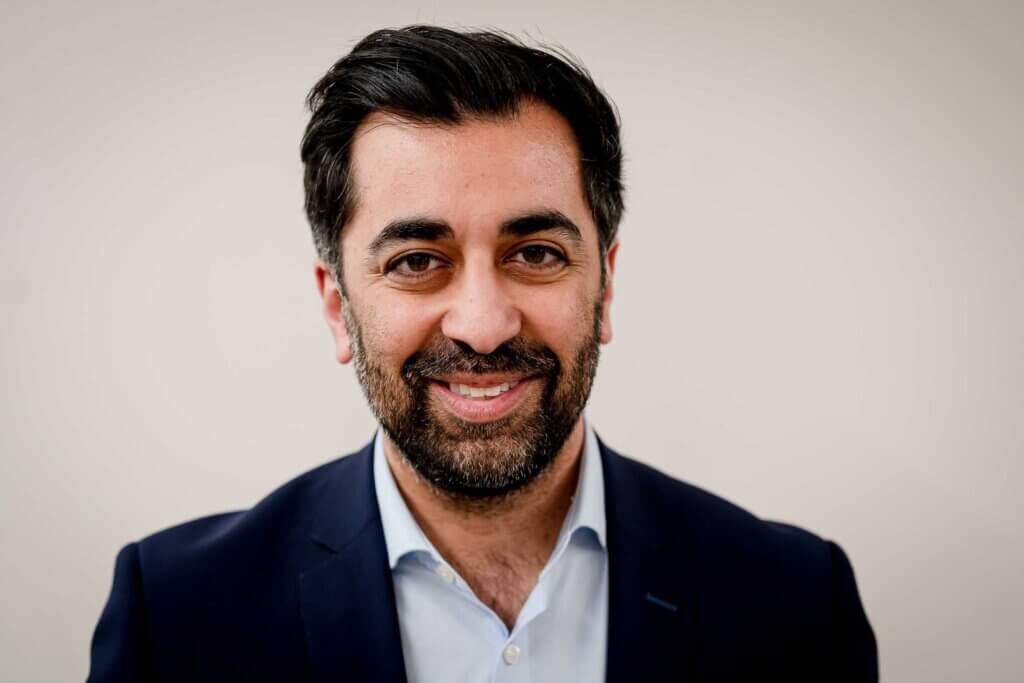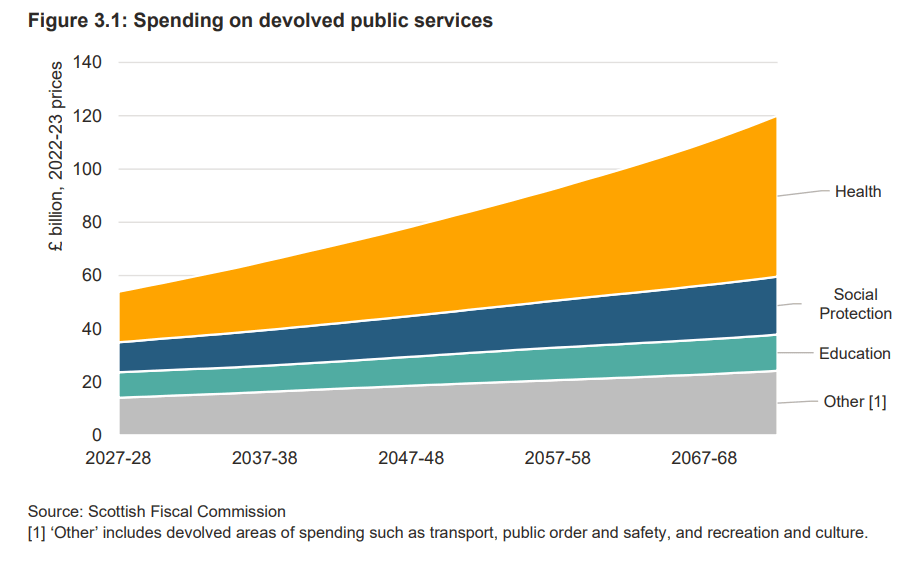Six challenges the new First Minister must overcome

As the dust settles on a frenetic first week, the new First Minister needs to take a breath and consider the main issues he needs to tackle head on. Six spring immediately to mind:
Unity
Nothing loses elections like a disunited party and the lack of creativity applied by the new First Minister to finding a post for Kate Forbes can only be attributed to a lack of desire to have her in his government. But, I hear you say, Holyrood elections aren’t until 2026, plenty of time to rally round the new team and their agenda? Wrong. Campaigning is already underway and elections are imminent.
Rutherglen
Margaret Ferrier’s suspension will almost certainly result in a by-election in Rutherglen. This is a key test for the new First Minister who has said he looks forward to fighting the by-election (once confirmed) on “our strong record”. The seat has bounced between Labour and the SNP. Polling suggests Labour should take it under a buoyant Anas Sarwar. With Ferrier’s reputation in tatters and a bruising leadership contest, will Humza Yousaf be front and centre in this campaign?
‘Westmonster’
The spectre of Westminster loomed large over FMQs and there are two key conflicts coming to a head shortly.
Firstly, will the UK Government block the Deposit Return Scheme under the Internal Market Act? The SG has belatedly formally applied for an exemption and rumours abound that it could be blocked. Scottish Secretary Alister Jack will need to assess if such a move could backfire. The scheme has been vociferously opposed by smaller producers and Kate Forbes highlighted the scheme as another area that the SG was unnecessarily putting businesses under pressure. A UKG block could work nicely for the FM who has also suggested the scheme needs amended. A constitutional row instead of a review of how the scheme has been handled would be preferable.
The other, no less minor, issue is a decision on whether to challenge the Section 35 block on the Gender Recognition Reform Bill. The deadline is imminent. The FM has said he will review the legal advice, but you can tell the appeal of testing the arguments in court are attractive. It would enable him to test the arguments for section 35 while also throwing red meat to the more impatient indyref supporters.
NHS
As a former Health Secretary, the First Minister is treading a familiar route to Nicola Sturgeon. She recently took to hosting joint press conferences with him during the winter NHS pressures, insisting he was doing a very good job. However, the junior doctors are balloting for three-day strike action. Can the new FM maintain the record he highlighted at FMQs that Scotland has not lost a single day to strike action in the NHS this winter and pull off a deal similar to the nurses? They settled for 6.5 per cent; the junior doctors are looking for 35 per cent.
Ferries
The former Transport Minister, now First Minister, is well aware of the issues at Ferguson’s yard having visited numerous times and given evidence to committees about the building of Glen Sannox and Hull 802. The vessels are delayed again until autumn this year (Glen Sannox) and autumn 2024 (Hull 802). Will the spectre of these vessels hang over forthcoming elections or will the First Minister finally ensure their delivery?
Economic growth and cost of living

A major fault line in the leadership election was the approach to the economy. From a business perspective, it should be a key priority for the new First Minister to demonstrate that the economy matters. Neil Gray has goodwill in his new role as cabinet secretary for the ‘wellbeing economy’ (not sure what that is) but patience is thin and business need to see action.
The First Minister reiterated at FMQs that he believed in growing the economy, but you can’t help but sense that he is much more comfortable, like the previous incumbent, talking about progressive taxation, tackling child poverty and the impact of the cost-of-living crisis on more vulnerable households. These groups of course should be a focus but growing the economy is also critical.
You might have missed it, but public finances were brought into sharp focus this week by evidence to the Finance and Public Administration Committee from the erudite Professor Graeme Roy, chair of the Scottish Fiscal Commission. He highlighted the need to address the potential gap in Scotland’s public finances with the SFC report setting out a particular challenge on health spending, which takes up one third of the entire Scottish budget. Does the new First Minister have the vision, guile, and gravitas to tackle this thorny issue? Or will he leave it for future generations. Considering his other challenges, my guess is the latter.

About the author